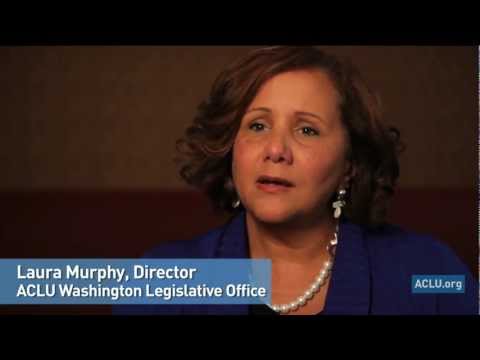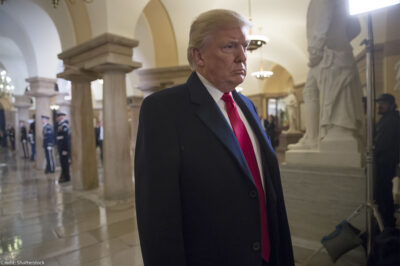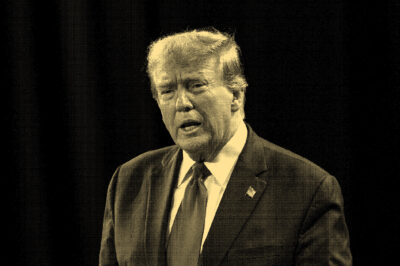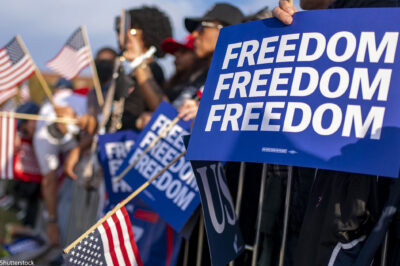Descendants of the signers to read the Declaration of Independence on July 4


๏ปฟThis post first appeared on the National Archivesโ .
With Independence Day around the corner, we caught up with a few of this yearโs speakers to get their thoughts on the Declaration of Independence, their connection to history, and .
Four descendants from the original signers will read the Declaration of Independence this year.
Three are members of the and one is a member of the National Society Daughters of the American Revolution (DAR). While the Declaration of Independence holds special value for all Americans, the document holds a personal significance for the descendants of the signers.
โI feel a great sense of pride in this beautiful document,โ said Laura Haines Belmain, who is related to three of the Founding Fathers. โIโm happy to know it and to be reading it. There are certain phrases that have their own lives: โWe mutually pledge to each other our Lives, our Fortunes, and our sacred Honor.โ As Descendants of the Signers of the Declaration of Independence, when we gather three times a year in Philadelphia, the Declaration of Independence is read aloud at least twice a year. That phrase is something we all knowโit just rings in the ears.โ
Belmain is descended from three signers: Samuel Chase of Maryland, William Ellery of Rhode Island, and Oliver Wolcott of Connecticut. Her son, John Chase Belmain, will also be participating in the reading of the Declaration of Independence.
โItโs important to read the Declaration of Independence on that date,โ said fellow Descendant Michael Miller. โIt needs to be read and understood in our schools. I think adults should realize what it meansโlife, liberty, and pursuit of happinessโbecause it is oftentimes forgotten.โ
Miller, who is related to William Williams of Connecticut, is proud of his ancestor. Given the opportunity to meet him, Miller said, โI guess Iโd have to say, โMillions of Americans owe you a great debt for signing the Declaration of Independence.โ Iโd like to think that Iโd have that courage, but not everyone does. I think all the signers realized that they were putting their necks in a hangmanโs noose by signing.โ
DAR member Laura W. Murphy has a different take on her relationship to her Founding Father ancestor Philip Livingston of New York. Murphy, who is African American, only learned about her connection to the Livingston family in the past decade.
โMy professional career has been dedicated to advancing peopleโs rights and liberties as outlined in the Declaration and in the Constitution and its Bill of Rights,โ said Murphy, the Director of the ภฯฐฤรลฟชฝฑฝแน๛โs Washington Legislative Office. โMaybe it is in my DNA to work on the unfinished business of equality, justice, liberty and the fundamental respect for the human dignity of each person.โ
Murphyโs mother knew that they descended from a prominent New York family from that time period, so she and Murphyโs nephew embarked on a two-year journey to trace their roots. What they found was astonishing: the death certificate of an ancestor named Christina Taylor Williams listing her mother as Barbara Williams, a slave from Jamaica, and her father as Philip Henry Livingston of New York, the grandson of Philip Livingston, who signed the Declarations of Independence.
โThat was the critical document,โ Murphy said. โItโs so rare for African Americans to have birth or death certificates from that period because we were treated as property and our lives were not fully recorded in most jurisdictions. The ability to document eight generations of American lineage is very rare, and documenting over 200 years of African American ancestry, even more so. Even though slave labor helped build the nation and slaves fought for our independence, to find validation of our contributions is helping to bring out a truth that has not been well told in our history books.โ
โIt is greatly distressing to come to grips with the inhumane conditions of my African American ancestors during that period and what they mustโve endured, but fortunately the black Livingston descendants have flourished, notwithstanding our difficult challenges in this country,โ Murphy continued. โIf I met Philip Livingston today, knowing that the Livingstons both owned and engaged in the slave trade, I would tell him to pay all of his workers and not detain them against their will. I would tell him that I am proud of his disengagement from the tyranny of England, but I would also say, โYou should make sure that all people, regardless of race, gender or religion should enjoy life, liberty and the pursuit of happinessโthe very same freedoms that you want.โ He should have advocated for the inclusion of a provision in the Declaration abolishing and condemning the institution of slavery, but that would have undermined his familyโs financial standing.โ
โI think if I met him today I would greet him warmly, but we could also get into an argument!โ she added with a laugh.
Keynote speaker AโLelia Bundles, Chair and President of the Board of Directors of the Foundation for the National Archives, has an early American history connection as well. โAs Iโve done some family genealogy, it appears that two of my great-great-grandfathers were in the Continental Army,โ she said. โWeโre still searching to establish that, but we know we had relatives who were free people of color in North Carolinawho owned property.โ
Bundles comes from a long line of scholars, legislators, and entrepreneursโher relatives were college graduates in the 1880s, an extremely rare feat for a person of any color for the time. โI grew up with a sense of inclusion of African Americans and women in the fabric of history and society, and how integral African Americans are to the development of American society,โ she said. โEveryone is a part of American history. I like to let everyone know that weโve all made major contributions to American history. Come later, come earlierโwe all contribute to the development of society.โ
Bundles, who is still in the early stages of planning out her speech, said she was very surprised when she was invited as the keynote speaker. โIโm a big admirer of the Archivist. He extended the invitation to me, and Iโm very honored,โ she said. โLast year was the first time Iโve been to a NARA July 4 celebration. In my opinion, itโs the best seat in America for the July 4 parade. Itโs a wonderful, festive, and fabulous morning. I loved seeing all the families that come in, and the reenactors, which included people of color. Iโm proud that NARA is so conscious that we are telling a multi-dimensional version of American history.โ
Belmain agrees. โOh, I think itโs a wonderful opportunity!โ she said. โI live in Washington, so Iโm happy to join in the celebrations. I feel very much at home with this event.โ
Murphy, too, is thrilled to be a part of NARAโs July 4 festivities. โI feel like my ancestors are clapping and cheering uproariously in the heavens!โ she said. โFor me to read portions of the Declaration of Independence at the Archives is an affirmation of their existence at the founding of the nation.โ
Join our four readers at the celebration on .
Learn more about your rights: Sign up for breaking news alerts, , and .




